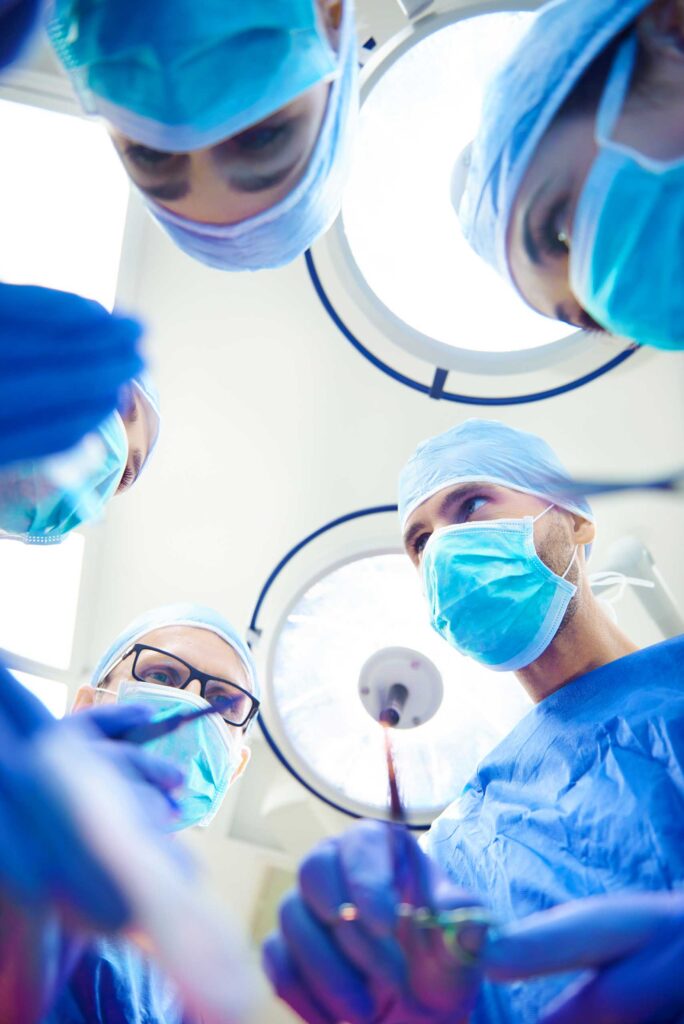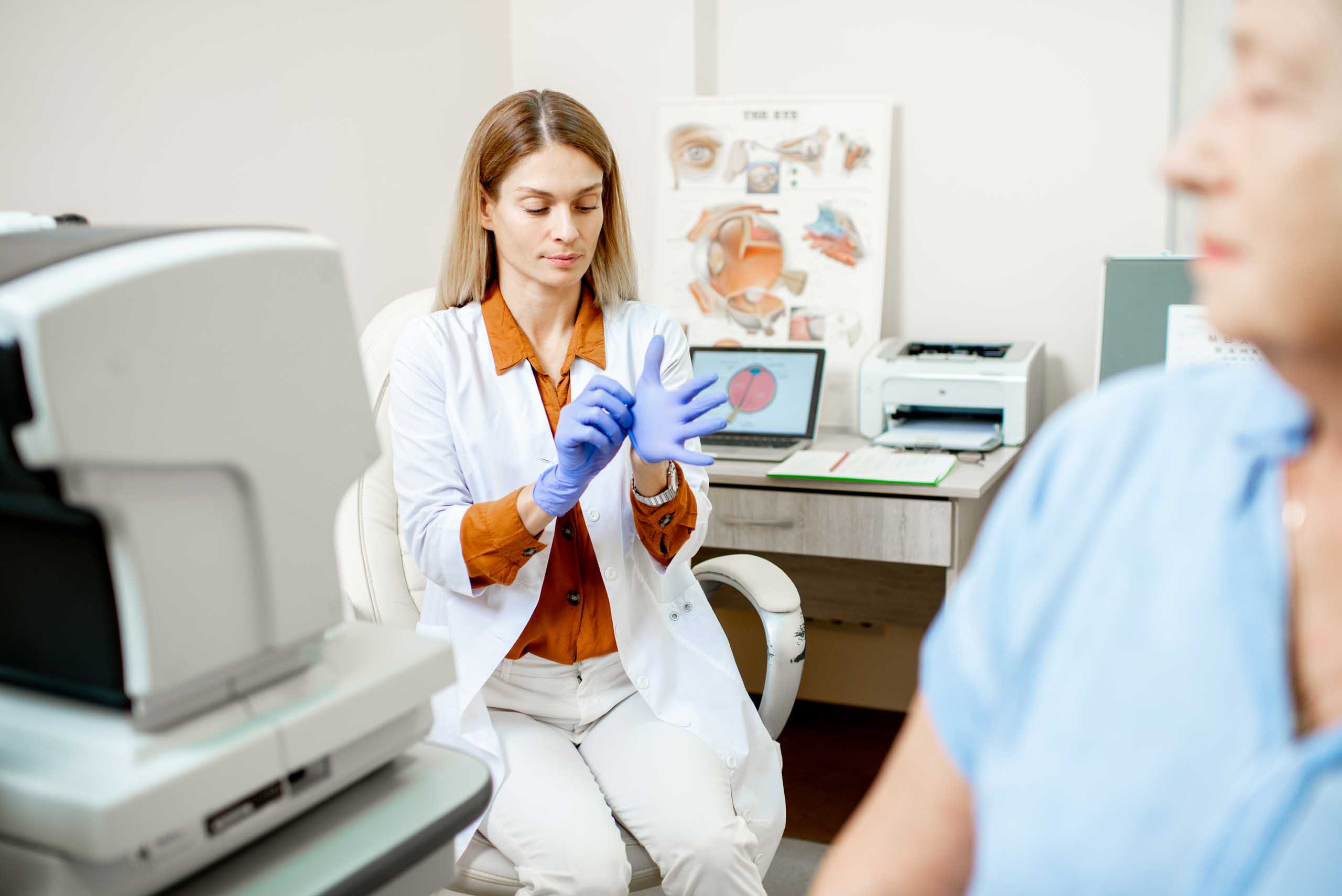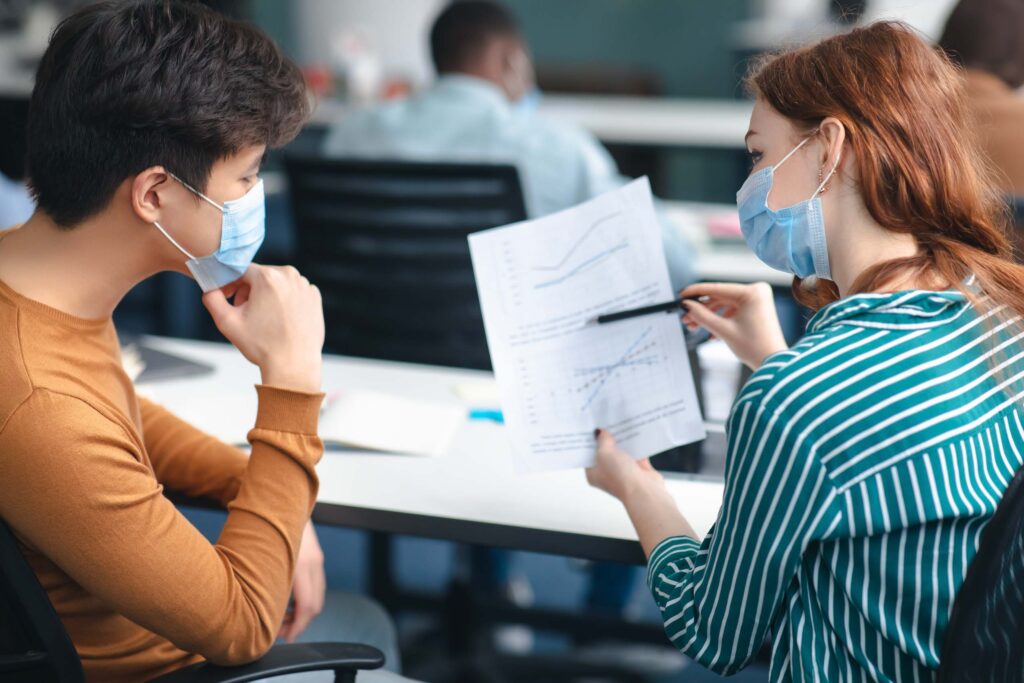Stay Certified
Ongoing Certification Requirements for Diplomates with Time-Limited Certificates
Diplomates with time-limited certificates must be up to date with their ongoing certification requirements to remain in good standing.


Intro
Diplomates should maintain their certification requirements on an ongoing basis
Diplomates who hold time-limited (10-year) certificates and have not yet enrolled in the ABS Continuous Certification Program must be up to date on all ongoing certification requirements of the program to maintain their certification, except for the biennial assessment. Diplomates may also enroll in the Continuous Certification Program prior to certificate expiration if they choose, by registering for an assessment.
For guidance on how to update any ongoing certification requirements, please see this document.
When to Report
Report frequently to avoid delays later
Diplomates with time-limited certificates who are not yet enrolled in the Continuous Certification Program should maintain their requirements on an ongoing basis. While the assessment is not due until the year that a time-limited certificate expires, most other program requirements should be updated no less than every five years. Diplomates can check their status anytime in the ABS surgeon portal to view when items are due and submit any necessary information.


Certification Requirements
All ongoing requirements must be met in order to register for and complete a Continuous Certification Assessment upon time-limited certificate expiration
Diplomates must hold a valid, full, and unrestricted (U.S. or Canada) medical license, and must immediately inform the ABS of any conditions or restrictions in force on any active medical license they hold.
Hospital or surgical center privileges are required if the diplomate is clinically active. If a diplomate is clinically inactive or does not otherwise hold privileges, they will be asked to provide an explanation.
Ongoing participation in a local, regional, or national outcomes registry or quality assessment program, either individually or through the diplomate’s institution, is expected. Diplomates must describe how they are meeting this requirement — no patient data is collected. See Practice Improvement for more details and resources.
Diplomates must review the ABS Code of Ethics and Professionalism and complete the corresponding attestation when reporting on their ongoing certification requirements.
As part of this attestation, submission of the names and contact information for two references is required. The individuals listed will not be contacted unless the diplomate is audited by the ABS, enrolls in the lapsed pathway to regain certification, or is found to be in violation of the Code.
Diplomates must earn 150 credits of Category 1 CME relevant to their practice over five years, of which at least 50 must include self-assessment — a question-and-answer exercise that assesses understanding of the material in the CME program. When a diplomate participates in a CME activity that includes self-assessment (SA), the SA credits will be transferred to ABS along with the category-1 credits via the PARS system. Check the ACCME’s CME Passport website to find CME activities that meet ABS continuous certification requirements. Activities with self-assessment will be denoted with “SA” (e.g., ABS Point: 1; ABS Credit Type(s) CME, SA).
NOTE: ACCME’s CME Passport website is hosted and maintained by the ACCME, not by the ABS. For questions or concerns related to any activities listed in the CME Passport, please contact the ACCME or the CME provider directly.
This requirement will change to 125 CME credits with no self-assessment required when a diplomate passes their first Continuous Certification Assessment, beginning January 1 of the year following the first successful assessment attempt. See our CME page for more information.
CME is counted over a five-year rolling basis and credits expire five years from the date the activity was completed. Diplomates should check the CME repository in their ABS portal for information about the current five-year window.
Fellowships
CME is waived during fellowship training
Diplomates in a fellowship will have the practice improvement requirement waived during their time in training.
Diplomates in a fellowship will also receive a CME waiver for the time they spent completing training (up to 24 months). These diplomates can earn up to 2.5 CME credit waivers per month for a fellowship that is 12-24 months in duration and accredited by the ACGME or a surgical organization with a formal accreditation process (e.g., SSO, ASTS, ACS, Fellowship Council, etc.). Details about the fellowship must be provided via the diplomate’s ABS portal.
Certifications from Other Approved Boards
Reciprocity offered for certification requirements
Diplomates certified by other ABMS member boards must meet and report on all above-listed requirements; however, activities that meet ABS requirements completed for the continuing certification programs of other boards or the RCPSC may be used. If certification or recertification is achieved from another ABMS board, diplomates may be eligible to waive some CME with self-assessment toward ABS requirements – contact the ABS for more information.
Audits
The ABS audits a percentage of diplomates each year
If audited, diplomates will be asked to furnish documentation of the information they have provided in their ABS portal, including CME activities. No patient data is collected. Diplomates who do not reply to an audit will not be eligible to take an assessment and must re-enter the Continuous Certification Program.


Contact
Our exam managers are here to help
Most questions can be answered with the information available on our website. For specific inquiries, please contact the Continuous Certification Program manager.
